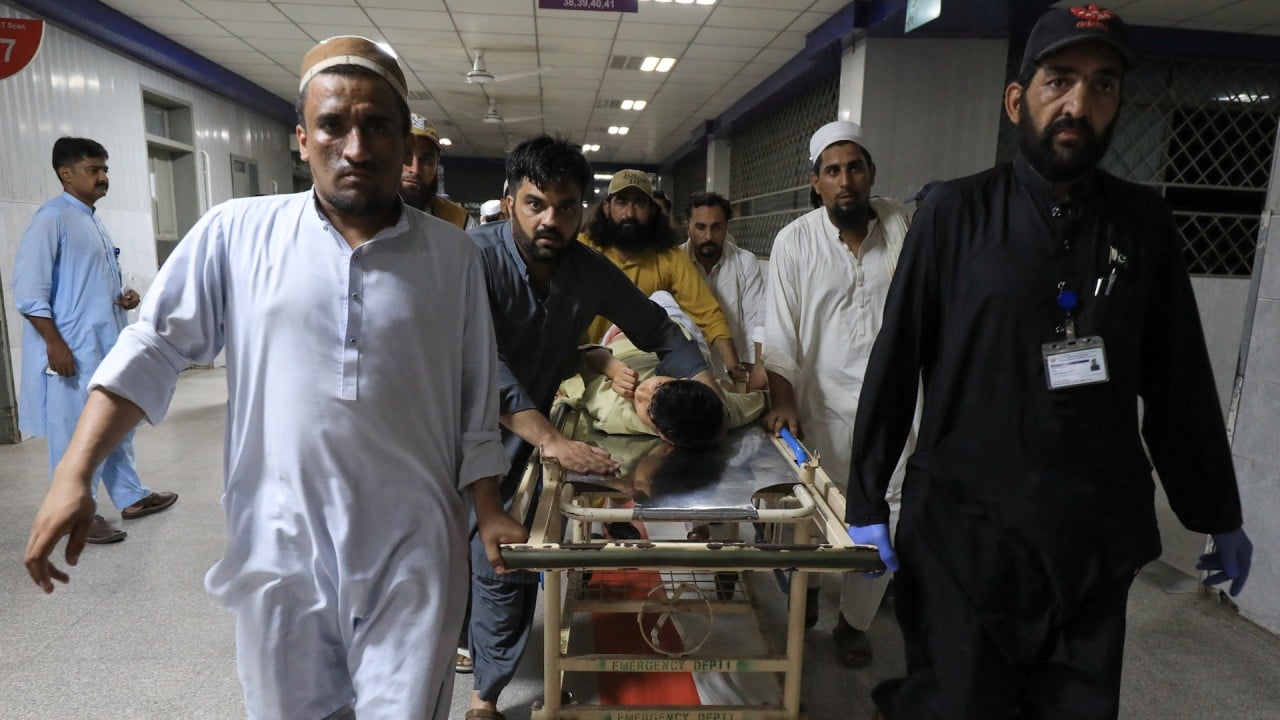
Pakistan averaged 1 militant attack every 14 hours in 2023, with 976 people killed
- More would have been killed and injured if security forces had not foiled hundreds of other attacks and attempts, an Islamabad think tank said
- The violence is at least partly seen as a reaction from nationalist rebels to Chinese investment in the southwestern province of Balochistan
The figures, released on Monday, showed at least 645 militant attacks across the country in 2023, with 976 people killed and 1,354 injured. That averages out to about one attack every 14 hours.
The figures for 2022 were 380 attacks, with 539 killed and 836 wounded.
The Pakistan Institute for Conflict and Security Studies, an Islamabad-based think tank, said more would have been killed or injured if the country’s security forces had not foiled hundreds of attacks and attempts during the year.
Most attacks were claimed by the Pakistani Taliban, a group with the same ideology but a different organisational structure than their Afghan counterpart.
Pakistan says the group launches attacks from its alleged hideouts in the border region of Afghanistan. Kabul denies the charge.
Part of the recent volatility is seen as reaction to Chinese investment in the southwestern province of Balochistan, where nationalist rebels are challenging the state.
The deadly attacks are expected to surge further as the nation heads to elections next month, said Fida Khan, a security analyst based in the northwestern city of Peshawar.


